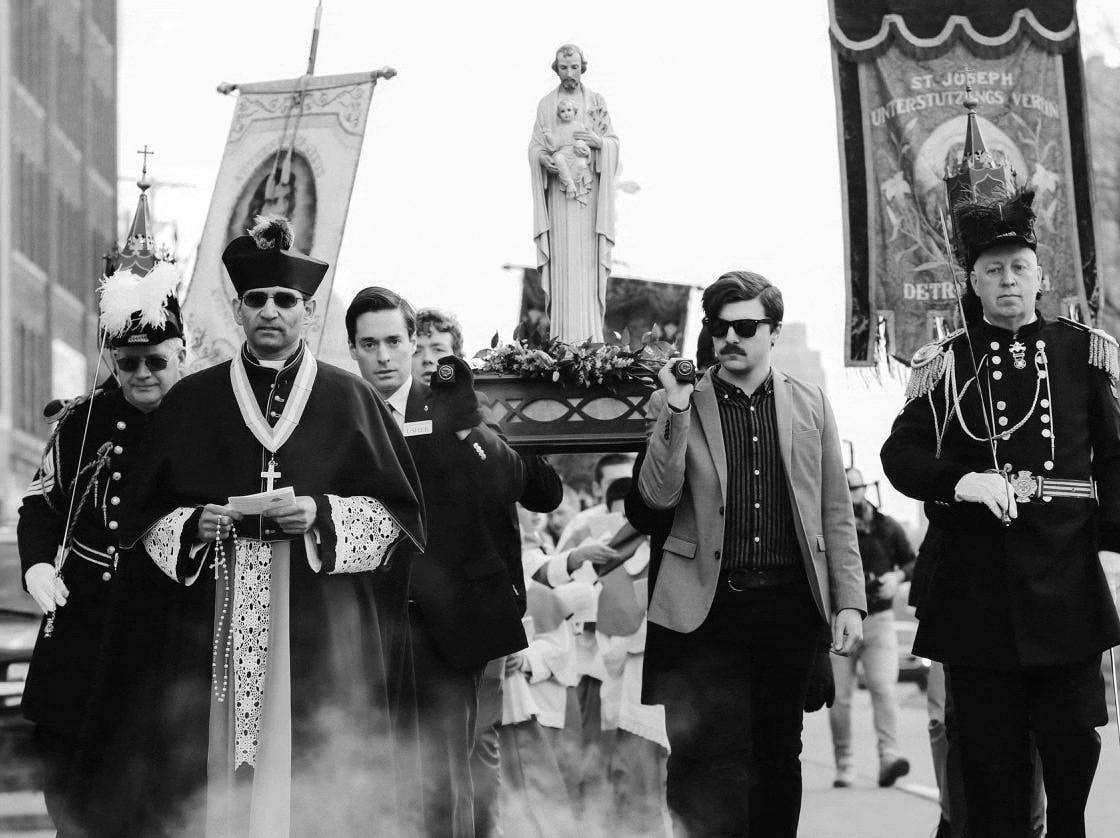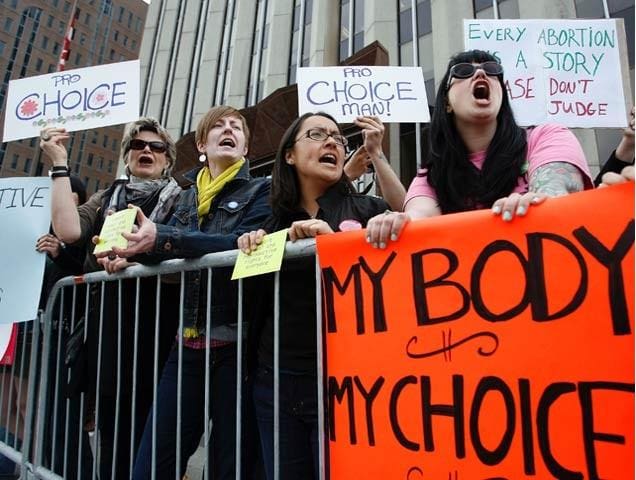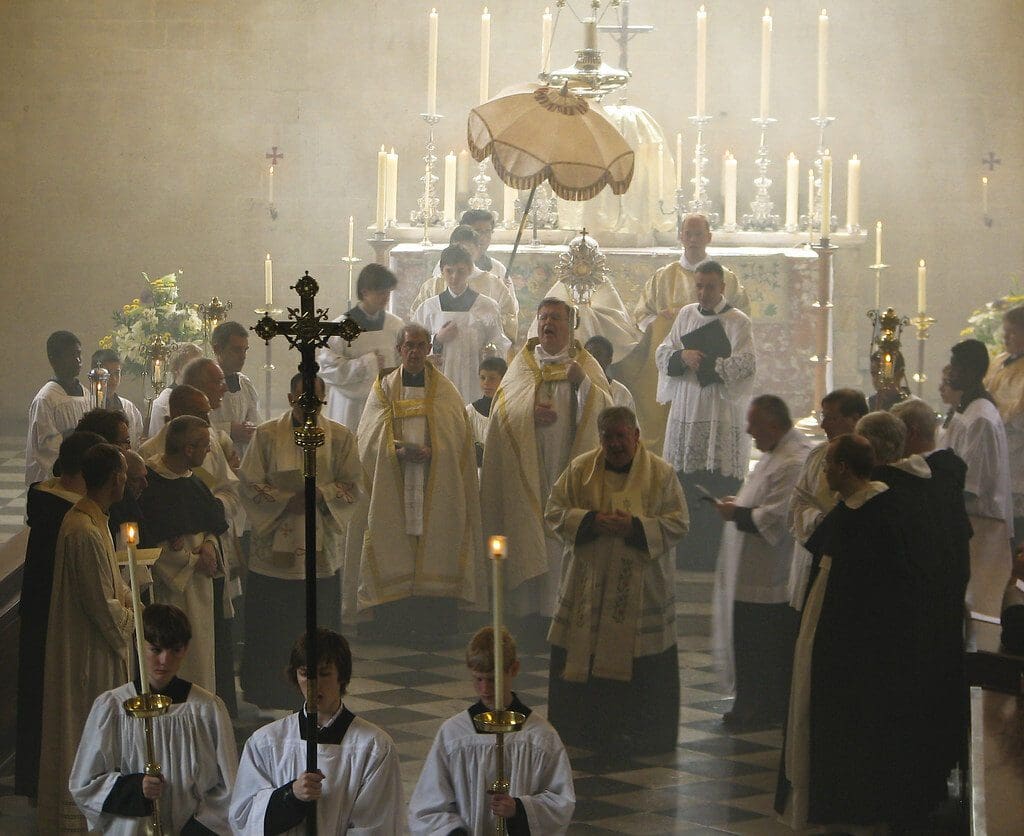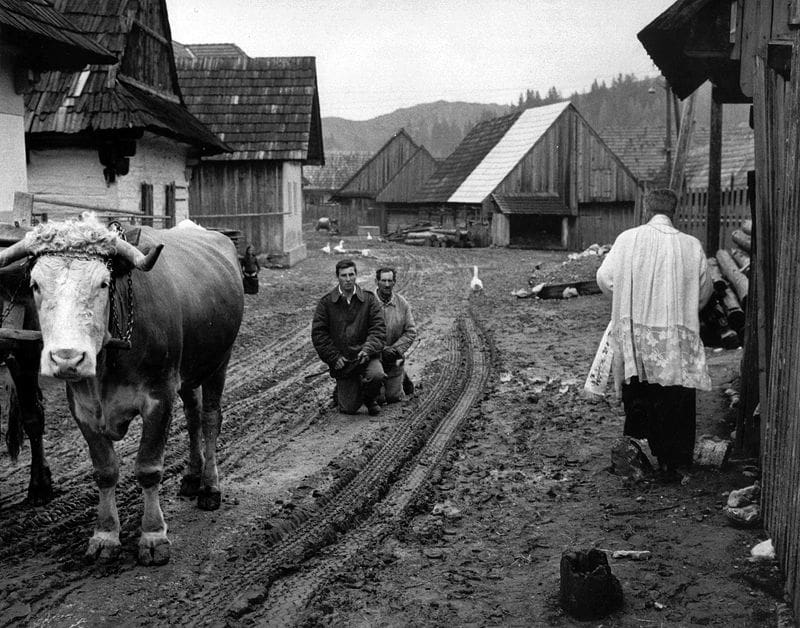[…] aren’t offered anything different, there’s no reason for them to come. As Sam Guzman writes in this recent post, “I would even go so far as to say that if our religion isn’t weird to the world, then we have […]
A blog for Catholic men that seeks to encourage virtue, the pursuit of holiness and the art of true masculinity.
Make Catholicism Weird Again: On Consumerism and Authentic Faith

Recently, a Pew Research survey cataloged the almost complete collapse of the faith in the United States. The facts are devastating. Only 26% of Catholics under forty in the U.S. believe in the Real Presence of Christ in the holy Eucharist.
If the Eucharist is the source and summit of our faith, the fountain from which the life of the Church flows, then this report is utterly damning. The Eucharist is the beating heart of the faith—and yet 7 in 10 young Catholics in the pews do not believe in it. If this is true, then they really do not believe the Catholic faith in any meaningful sense.
Many are horrified by this statistic, and rightly so. But, while the reasons for our present collapse of faith are manifold, I believe one of the chief reasons is not difficult to identify—the modern religion of consumeristic choice.
The New Global Religion
All culture flows from cultus, genuine worship. And all authentic worship, flows from a sense of the sacred mystery at the heart of life. This is symbolically represented by the churches at the center of medieval European villages, from which the whole village would radiate outward. Worship was the chief act of medieval European life. Without a credo embodied in an act of divine worship, without a holy sacrifice, nothing else made sense.

Fast forward to our time, and there is a new center of the global village—and it is not a church but a shopping mall. For consumerism is the new global religion. The chief teaching of consumerism is that unlimited choice, unlimited freedom, brings happiness. From this cult of choice has flowed the dogma of radical autonomy, or complete self-determination. This dogma is articulated succinctly in the motto of the infamous satanist of a century ago, Aleister Crowley: “Do as thou wilt.”
Reality, then, is subject to our will. Unlimited choice, unlimited freedom, unlimited self-determination—these are the fundamental tenets upon which our modern culture rests. Nothing can stand in the way of unlimited choice, our ability to re-make reality in our own image. We will even offer our own children as sacrifices to this insatiably demanding god.

This modern credo of unlimited choice is heard in the angry chants of pro-abortion campaigners: “My body, my choice.” These campaigners call themselves by the entirely accurate name of “pro-choicers.” Even the Supreme Court of the United States proclaimed the dogma of self-determination boldly in its infamous decision, Planned Parenthood vs. Casey:
These matters, involving the most intimate and personal choices a person may make in a lifetime, choices central to personal dignity and autonomy, are central to the liberty protected by the Fourteenth Amendment. At the heart of liberty is the right to define one’s own concept of existence, of meaning, of the universe, and of the mystery of human life. Beliefs about these matters could not define the attributes of personhood were they formed under compulsion of the State.
Justice Anthony Kennedy

Moreover, any obstacles to the marketplace of unlimited choice must be destroyed. Chief among these obstacles is authentic faith. A man possessed by transcendent truths of necessity lives according to values radically at odds with the dogma of self-determination. Thus, his faith must be either relegated to a secondary place in his life or completely annihilated.
The power of corporate billions—manifested in marketing, advertising, and media—work relentlessly to destroy the transcendent, the sacred, and set our eyes on the kingdom of this world. The marketplace must reign supreme; it is the god which will tolerate no rivals.
The Solution is Counter-Revolution
Faced with a culture that worships radical autonomy, what are we to do?
Perhaps the chief way of rejecting the slavery of modernity is to return to the vitality of tradition. It is the ultimate act of revolution.
Now many mistake tradition as merely a stale repeating the actions and formulas of the past. Nothing could be further from the truth. It is the dynamism, the inner energy, of the past continuing in the present. For continuity is essential to life. I grow older, and yet remain the same person as I was when I was a child, for my inner life has continued uninterrupted. This is what tradition is and means.
The modern consumerist asks, “What do you want in your worship?” The traditionalist asks, “What worship is most worthy of the Divine?”—and then surrenders himself to it. Modernity starts with man, but tradition starts with God.

If we are to evangelize effectively, our lives and our worship must speak of another order, one that rejects consumeristic choice and proclaims that the transcendent is real. When we venerate a relic with a kiss, we do this. When we prostrate ourselves before the Eucharist in a golden monstrance, we do this. When we pray, opening ourselves to the action of grace, we do this. When we worship in a sacred language, we do this. When we dare to remember our death, we do this. When we genuflect and sign ourselves before a tabernacle, we do this. When we sacrifice the desires and whims of the moment to the the eternal, we do this. When we venerate the Holy Virgin, we do this. When we process through city streets with joyful chants and incense, we do this. When we confess our sins to a priest, we do this.
All of these acts of worship are weird and even bizarre in the eyes of the world. They are strange and startling for they are acts of surrender to something greater and higher than ourselves, something which we did not make nor choose. They speak of values that transcend the marketplace, of a world of spirit interpenetrating the world of matter. They are acts that open windows to the Divine.

I would even go so far as to say that if our religion isn’t weird to the world, then we have to some degree or another lost our faith. When our worship is a closed circle, when it turns towards man and man’s desires, it immediately begins to die. Therefore, we must be like the three Hebrew young men recorded in scripture who refused to bow down before the massive idol erected by King Nebuchadnezzar. When all men prostrated themselves before it, these young men stood erect, like arrows pointing to the heavens, for they would worship God alone.
Likewise, we must humble ourselves before our God and King in the Holy Eucharist and receive him with fear and trembling. We must live as if he is even more Real than all the passing shadows of this life—because he is. We must return to the living vitality of tradition, for in doing so we revolt against the modern cult of man’s autonomy. In short, we must make Catholicism weird again, for in so doing, we shall be witnesses to a weary and wounded world longing for the divine.
Don’t Miss a Thing
Subscribe to get email notifications of new posts and special offers PLUS a St. Joseph digital poster.
Related
COMMENTS
Reader Interactions
Comments
Trackbacks
-
-
[…] than what they see in the world, there’s no reason for them to come. As Sam Guzman writes in this recent post, “I would even go so far as to say that if our religion isn’t weird to the world, then we have […]
Fantastic post! When we lose a sense of the divine, the mystery of man is eclipsed. Thus man becomes disposable.
“Only 26% of Catholics under forty in the U.S. believe in the Real Presence of Christ in the holy Eucharist.” A very disturbing statistic! Why is it so? In my mind there are three causes: inadequate Christian (specifically Catholic) education, decreased interest in the topic as people get older, and a public education system that at best de-emphasizes spiritual matters and at worst underscores Crowley’s “do as thou wilt.” How do we fix that? I am a firm believer in the power of apologetics and early Catholic education. I’m glad to have found your site and am encouraged by your writings.
I got plenty of Catholic education and private schooling. I think many of us are just spiritually evolving beyond what the mainstream Church is built to handle.
The rituals are based on a kind of childlike eternal worship of Jesus, while many are ready to go beyond that and awaken the eternal, universal Christ force within themselves.
I notice people here are often about turning the clock back, but I think the answer lies in evolving Catholicism to that next level so it can catch up to us and have value in our lives again.
… said Satan in a soothing voice.
You can’t be serious. I’m sorry, but that is exactly what the devil would say.
I will pray for you, Bob. When you’re ready to become Christ as Jesus said we could, you will understand my words.
God bless.
The idea is that tradition connects us to a past and to a way that has been tried and found true. It is the democracy of the dead. While worship can develop, it must remain in continuity with what came before. If it doesn’t stay connected with the past then inevitably it will take on the spirit of the age. It won’t lead to God but to the idols of the age.
Only the saints have the moral capacity to “fiddle” with the liturgy. Why? Because they have walked the path laid out by tradition and now can perceive tradition from the center.. From its essence. Because of that, they are able to develop the form of tradition with the essence of the Logos.
Very few people are qualified for that.
Love this article! As a people, especially in America, we have gotten caught up in the idea of individualism is the ultimate thing we must achieve. It’s about becoming a better you, finding our purpose, getting healthier, wealthier, better looking, and of course having more material things.
True faith goes counter culture to all of that. It isn’t about being cool or about the individual-its about sacrificing ourselves and our will to God’s will.
Ironically enough, that is why I decided to become Roman Catholic in the first place. I was brought up an agnostic, and eventually through the grace of God found myself as a Protestant Evangelical. But my search for the truth of faith and the core of our belief brought be in communion with the Church, despite much personal sacrifice to do so.
The Church simply needs to be we are supposed to be all along: What God calls us to be. If we are that, and reflect that in our lives and we truly make Him the most important thing, that is a strikingly attractive thing.